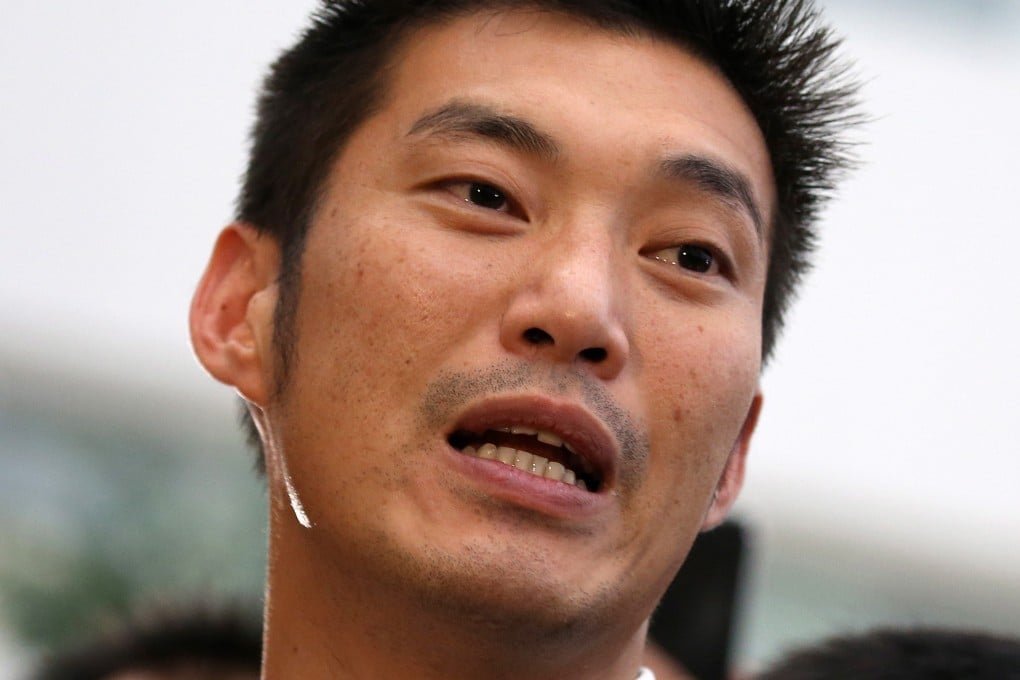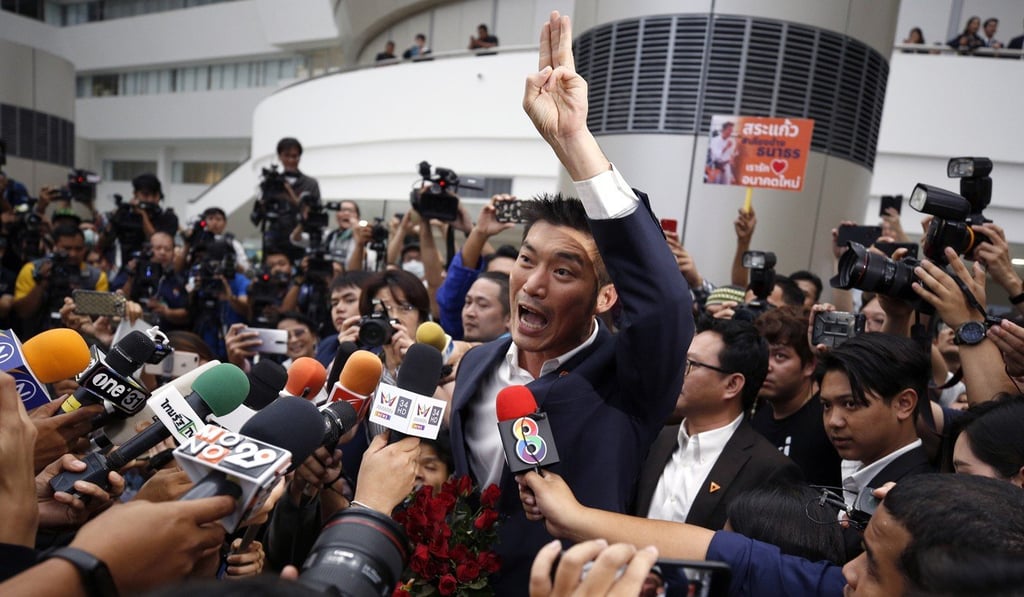Advertisement
Will Thailand’s Future Forward party survive a Prayuth government?
- The party co-founded by charismatic billionaire Thanathorn Juangroongruangkit is facing dissolution over loans he provided to it
- The uncertainty has raised fears of a return to street politics in Thailand, but the leader says Hong Kong style protests are not the solution
Reading Time:4 minutes
Why you can trust SCMP

Prominent Thai opposition politician Thanathorn Juangroongruangkit has every reason to believe the political party he founded in 2018 could be dissolved in weeks, or even sooner.
On Wednesday , Thailand’s election commission will look into the billionaire’s financial loans to the Future Forward Party, totalling over 100 million baht (US$3.3 million). If found in breach of a political funding election law, the party could be dissolved and its executive members banned from politics.
The case is one of nearly 30 brought against him and the party both before and after the March election. It follows a court ruling in November in which the scion of auto-parts maker Thai Summit Group was disqualified from serving as a parliamentarian because of a shareholding in a media company.
Advertisement
“We can see clearly that the attempt to stop us is real,” Thanathorn said. “And the ruling to dissolve our political party, according to some sources, might be as early as mid December.”

Advertisement
For observers and party supporters – Future Forward received 6.2 million votes in the March election – the legal action is seen as part of a process of “judicial harassment”.
Advertisement
Select Voice
Select Speed
1.00x